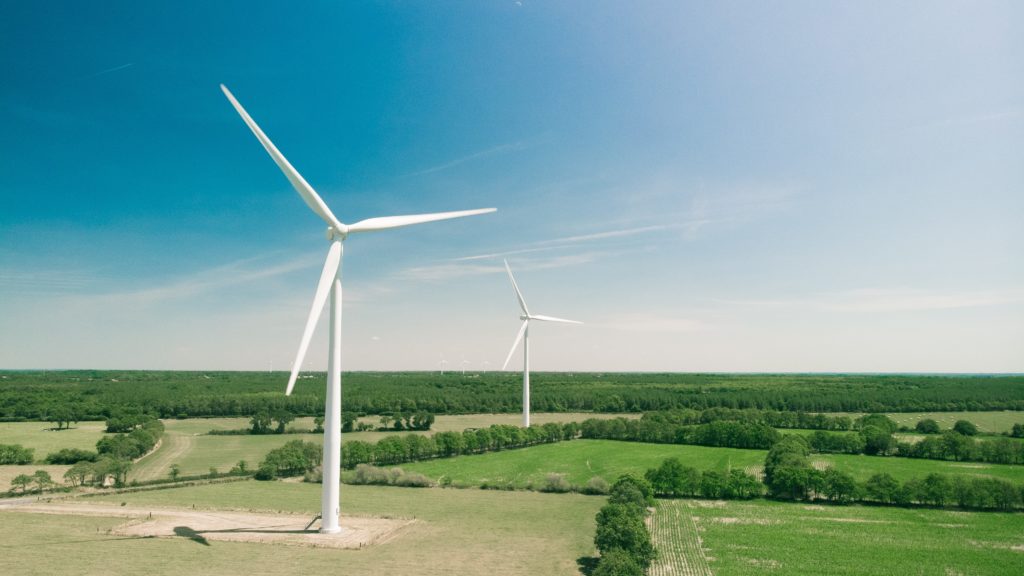Liu Zhenmin, Senior Advisor to China Special Envoy for Climate Change
How to effectively address climate change and expedite global low-carbon transition and green prosperity through international climate cooperation? I’d like to share my perspectives from three angles:
Firstly, economic growth, energy transition, and climate change can be collaboratively resolved through green, low-carbon, and high-quality development. Over the past decade, China, with an annual energy consumption growth rate of 3%, has underpinned economic growth exceeding 6% annually. During this period, carbon dioxide intensity has dropped by 35%. China’s practice demonstrates that environmental protection and actions against climate change can be a new growth driver rather than an impediment to development.
Secondly, accelerating the design and construction of a new energy system is pivotal to green, low-carbon transformation. Following the technological accumulation and industrial nurturing over a decade, renewable energy has emerged as the primary driver of China’s new installed capacity and new power generation. A transition from an energy structure primarily reliant on coal, oil, and gas to one dominated by non-fossil energy within 30-40 years is entirely feasible.
Thirdly, the principle of win-win cooperation remains essential in global climate governance, and practical bilateral and multilateral cooperation in the field of green, low-carbon technology needs to be promoted. China, the United States and the European Union can complement each other in both technological and market aspects of green industries. While objective competition in standard setting and technology development does exist, as long as it’s healthy and aimed at mutual benefit, there is still ample room for cooperation. In addition to intergovernmental policy dialogue and exchange, the involvement of non-governmental actors can make cooperation more practical and sustainable.







-1024x683.jpg)

-1024x574.png)
